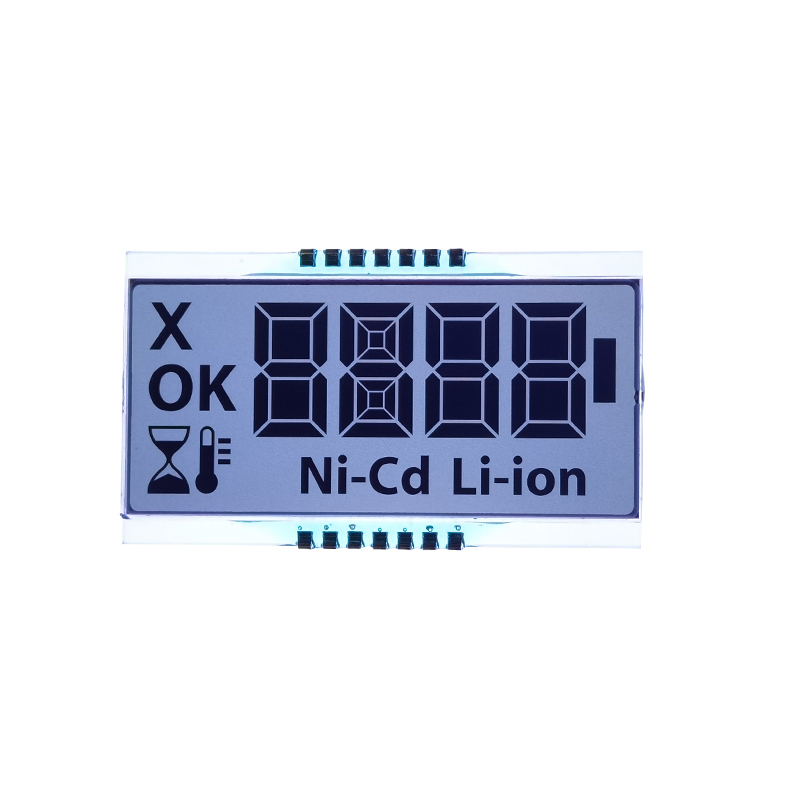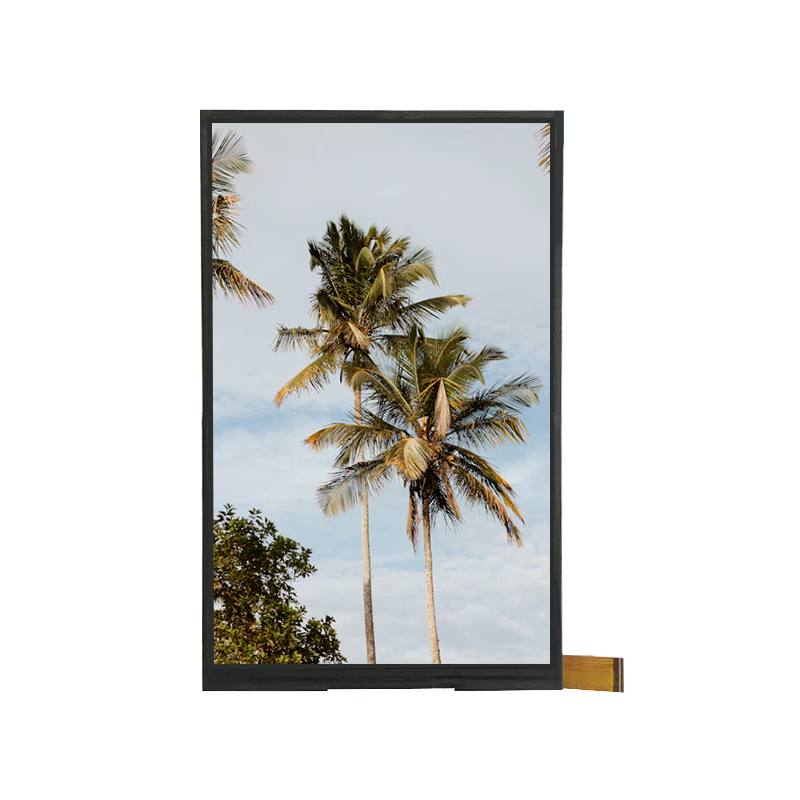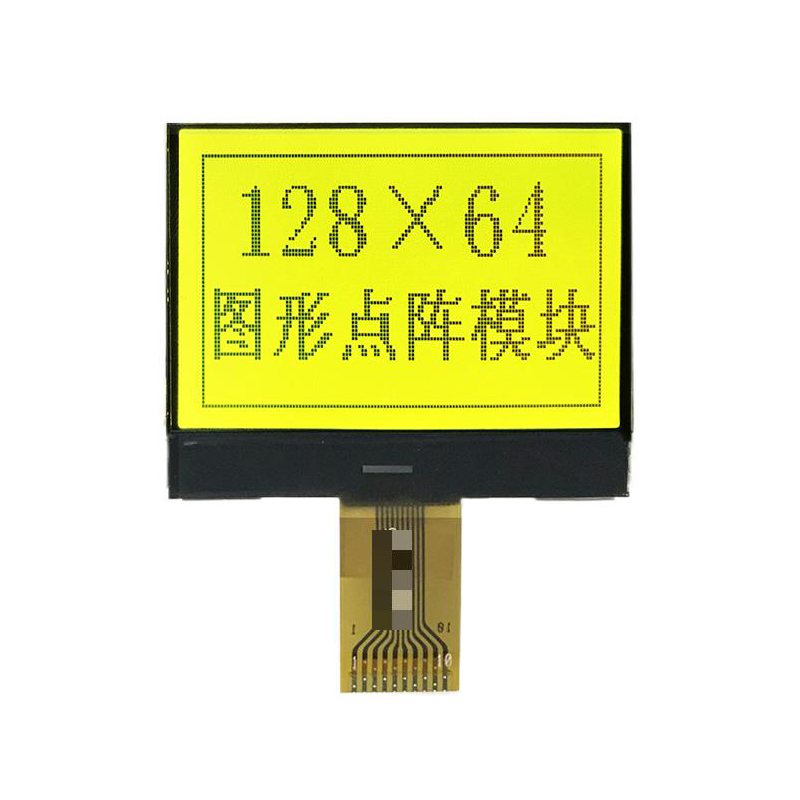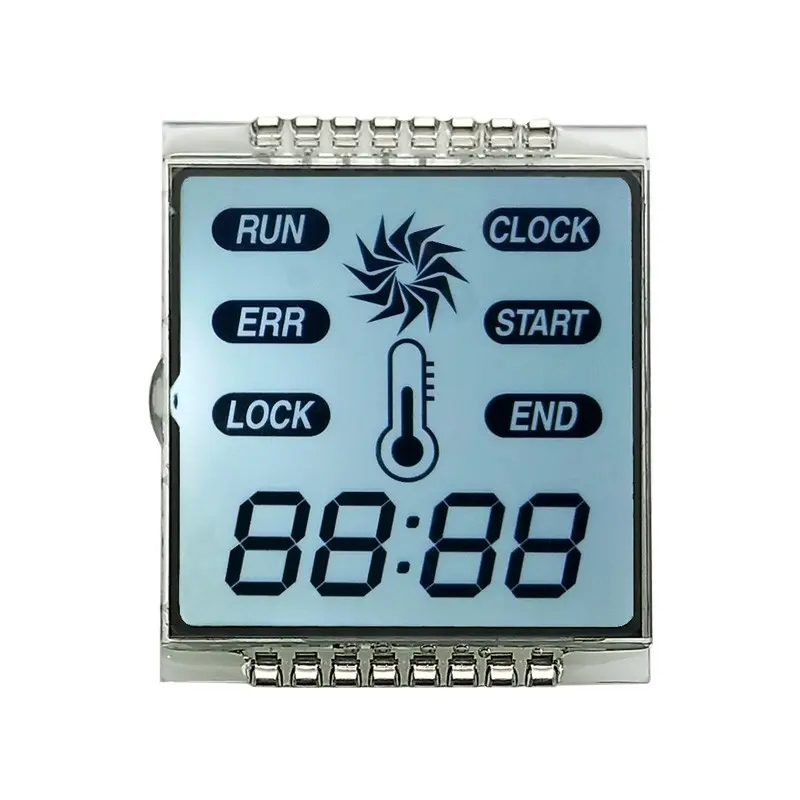
Finding the perfect LCD screen product can be overwhelming. This guide breaks down the key factors to consider, helping you choose the best screen for your specific needs, whether it's for gaming, professional work, or everyday use. We'll explore various screen technologies, resolutions, and features to ensure you make an informed decision.
The world of LCD screens offers a variety of technologies, each with its own strengths and weaknesses. IPS (In-Plane Switching) panels are known for their wide viewing angles and accurate color reproduction, making them ideal for professional graphic design or photo editing. TN (Twisted Nematic) panels, on the other hand, are generally faster and cheaper, but their viewing angles and color accuracy are less impressive. VA (Vertical Alignment) panels strike a balance, offering good contrast ratios and deep blacks at a more affordable price point than IPS. When selecting your best LCD screen product, understanding these differences is crucial.
Resolution refers to the number of pixels on the screen, affecting image sharpness and clarity. Higher resolutions (e.g., 4K) provide more detail, but demand more processing power from your computer. The aspect ratio describes the screen's width-to-height proportions (e.g., 16:9, 21:9). Consider your typical usage; a wider aspect ratio might be beneficial for productivity or gaming, while a 16:9 ratio is common for movies and general use. The ideal best LCD screen product will depend on your resolution and aspect ratio needs.
Response time measures how quickly a pixel changes color, crucial for gaming and fast-paced applications. Lower response times (measured in milliseconds) result in smoother motion. The refresh rate, measured in Hertz (Hz), indicates how many times the screen refreshes per second. Higher refresh rates (e.g., 144Hz or higher) provide smoother visuals, minimizing motion blur. For gaming, a fast response time and high refresh rate are important factors when searching for the best LCD screen product.
Brightness (measured in nits) determines how bright the screen can get, impacting visibility in various lighting conditions. Contrast ratio is the difference between the brightest white and the darkest black; a higher contrast ratio results in richer blacks and more vibrant colors. Consider your environment; a higher brightness might be necessary for a bright room, while a high contrast ratio is beneficial for enjoying movies or games with deep blacks.
Ensure your chosen best LCD screen product has the necessary connections (HDMI, DisplayPort, USB-C, etc.) to suit your devices. Consider future-proofing your purchase by selecting a monitor with a variety of connectivity options.
The best LCD screen product depends entirely on your individual requirements. Consider the following:
While we don't endorse any specific brand, researching reputable manufacturers like Dell, Asus, LG, and Samsung can help you find a high-quality best LCD screen product. Always check reviews and compare specifications before making a purchase.
Selecting the best LCD screen product involves careful consideration of various factors. This guide provides a foundation for your research, enabling you to find the perfect screen that meets your needs and budget. Remember to compare specifications, read reviews, and consider your individual usage requirements.
For high-quality LCD screens and further information, consider exploring Dalian Eastern Display Co., Ltd. They offer a range of excellent products to meet various needs.












